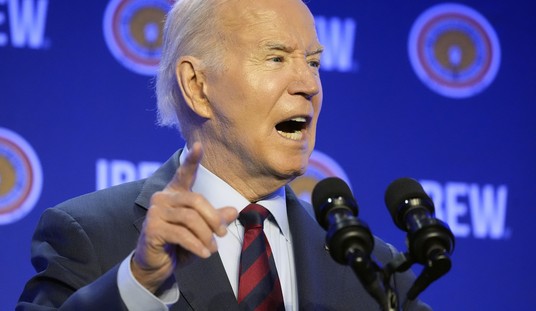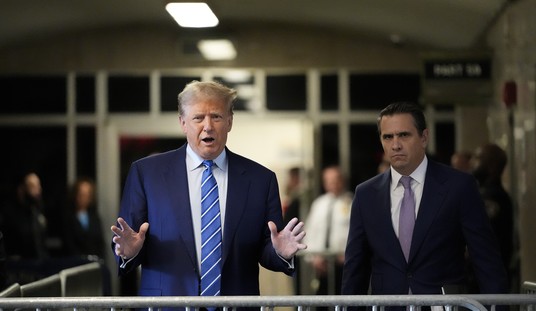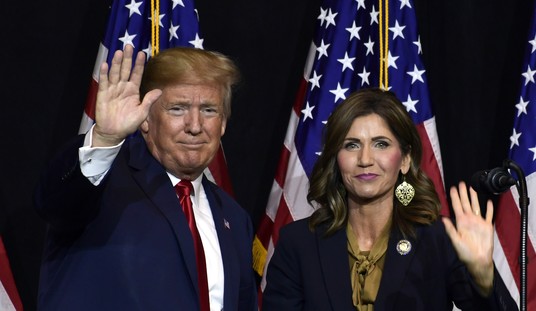My grandmother used to say, "Being honest is like being pregnant. You either are, or you aren't." Grandma was born in 1901; I remember her as a peppery old lady, a farm wife who raised six kids during the Depression and watched two sons march off to war. She was scrupulously honest, and would walk five miles to return a dime someone had dropped on her front porch.
Even for her time, Grandma was a rare specimen. She'd be even rarer today, when lying, especially among politicians, is just a standard practice, and for which the consequences are usually trivial — especially if one has a "D" behind their name. Now, let me clarify: I'm not talking about being mistaken, or misinformed, taken in by a liar, or just plain miss-remembering something; I'm talking about knowing a statement is false and knowingly, deliberately saying or writing it anyway.
It turns out, according to a recent Science Illustrated study, that only about one percent of people "almost never lie."
75 per cent of people tell zero to two lies every day. Only 1 per cent almost never lied, according to Science Illustrated (link in Norwegian).
But can we tell if someone is lying?
You might assume that a person who is lying would appear nervous and uncertain, but that's not actually the case.
“For example, if you're sitting on the bus and there's a ticket inspection, you get nervous even if you have a ticket,” Tim Brennen tells sciencenorway.no.
Tim John Brennen is a professor at the University of Oslo and researches forensic psychology. This includes, among other things, memory, facial recognition, and how we can see through lies.
In the case of all too many American politicians, the cues to their lying are even more obvious: Their lips are moving. And sometimes pathological liars are just egregious.
Some liars are harder to detect. There are some smooth, plausible liars who take in large numbers of people, fooling not only some but many people all of the time — and enough of the people all of the time to win elections. There are awkward and obvious liars who manage nevertheless to keep a political career afloat. But there are some cues one can use to detect even a plausible purveyor of bunkum. Bandwidth prevents presenting all of the methods in this linked article, but there are a few "behavioral clues of pathological liars" that may be very familiar to those who are observers of the modern American political scene.
They make frequent exaggerations and embellishments: Pathological liars have a knack for telling tall tales and exaggerating almost everything. It’s their way of seeking attention and making themselves the center of the conversation. They can’t seem to resist embellishing their stories to make them more exciting, even if it means stretching the truth beyond recognition.
Sound familiar?
They tell stories that are not believable: When it comes to detecting pathological liars, one key clue to look out for is the nature of the stories they tell. Pathological liars often weave narratives that are simply not believable, stretching the boundaries of reality to an absurd extent.
Oh, yeah, this is familiar.
Lying in politics goes back as long as there have been politics; I can imagine two cavemen gathered to listen to a third claiming, "Lorto have too many heavy rocks. Ab and Groog make Org Chief, Org take heavy rocks away from Lorto, give to Ab and Groog." But what has happened to integrity in the ordinary discourse of our everyday lives? American trust in media is at an all-time low, in large part because the legacy media leans farther to the left than the old Soviet Politburo. Western civilization cannot operate without trust, and trust in institutions and government is also falling off a cliff.
The loss of integrity in our society is hard to understand because honesty in our relationships, be they personal, business, or societal, is essential. In a civilization like ours, trust is essential, and trust cannot exist without honesty. Honesty lubricates our interactions with each other. Being honest with honorable people invites honesty in return. Being honest with others is a sign of respect and gains one respect in return. That's good for your self-esteem, it builds self-respect, and it just plain makes you a better person.
Most of all, if you tell the truth, it's much easier to keep your story straight. If you tell the truth, you can back your statements up against anyone who challenges you with facts.
Being honest is like being pregnant; you either are or you're not. I can say with absolute certainty that I'm one of those one percent mentioned above. The Old Man hammered the whole concept of integrity into me from a very young age. Today, I may keep my mouth shut, but I do not lie. I give my Dad credit for that.
That's probably why I never went into politics.














